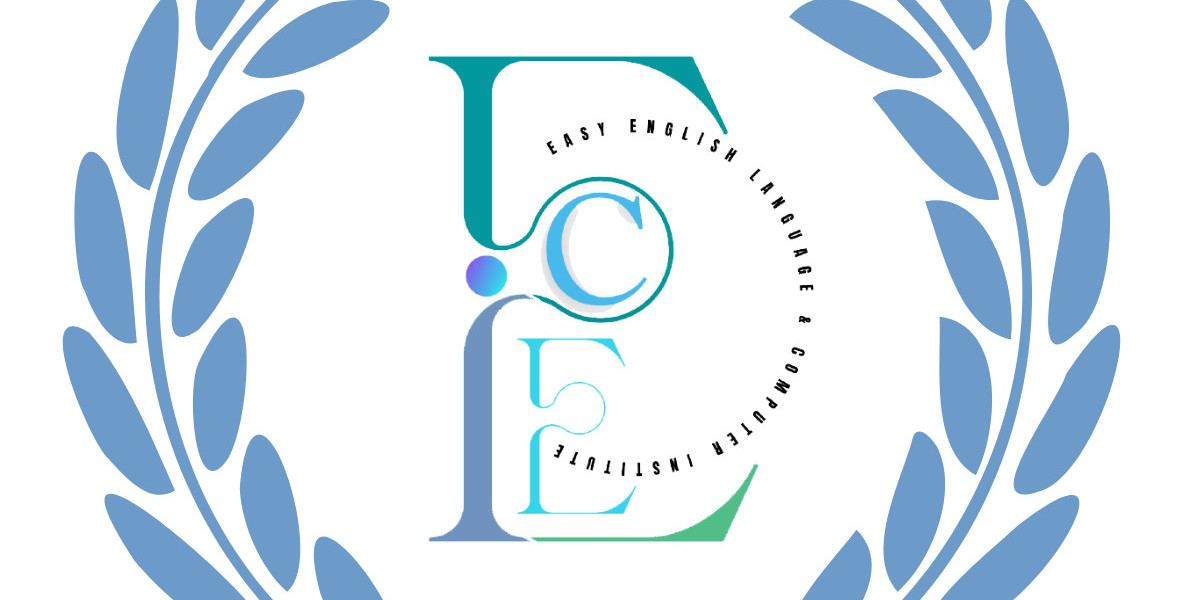Medication can be a life-changing tool for managing mental health conditions like depression, anxiety, bipolar disorder, or PTSD. However, for some individuals, long-term reliance on psychiatric drugs raises concerns about dependency, withdrawal, and overall well-being. Striking a balance between medical treatment and sustainable mental health strategies is essential for long-term recovery.
The Role of Medication in Mental Health Treatment
Mental health medications—such as antidepressants, anti-anxiety medications, mood stabilizers, and antipsychotics—are often prescribed to help regulate brain chemistry, reduce symptoms, and restore emotional balance. In many cases, these medications are not just helpful—they are essential for stabilizing acute symptoms and preventing relapse.
However, they are most effective when used as part of a broader treatment plan that includes therapy, lifestyle changes, and support systems.
What Is Medication Dependency?
Dependency, in this context, refers to a psychological or physical reliance on psychiatric medication. It’s important to distinguish between:
- Therapeutic dependence: When a person requires medication to maintain stability and function—similar to someone with diabetes needing insulin.
- Problematic dependence: When a person continues using medication due to fear of withdrawal or emotional instability, despite side effects or reduced effectiveness.
Dependency does not always indicate addiction. Many mental health medications do not produce a “high” or drug-seeking behavior, but they can still cause physiological dependence or emotional reliance over time.
Common Medications with Dependence Potential
Some medications used in mental health treatment carry a higher risk of dependence or difficult withdrawal:
- Benzodiazepines (e.g., Xanax, Ativan): Often prescribed for short-term anxiety or panic attacks, but long-term use can lead to tolerance, dependence, and withdrawal symptoms.
- Stimulants (e.g., Adderall, Ritalin): Used in ADHD treatment; can cause psychological dependence when misused.
- Certain antidepressants (e.g., SSRIs, SNRIs): Not considered addictive, but discontinuation syndrome can cause flu-like symptoms, mood changes, and sleep issues if stopped abruptly.
- Sleep medications (e.g., zolpidem, eszopiclone): Often prescribed short-term; long-term use can result in reliance for sleep initiation.
Warning Signs of Medication Dependency
Recognizing early signs of problematic dependency can prevent long-term issues:
- Feeling unable to function emotionally without the medication
- Escalating doses without physician guidance
- Experiencing withdrawal symptoms between doses
- Avoiding therapy or alternative treatments
- Staying on medication solely to avoid the discomfort of stopping
Risks of Long-Term Use Without Reevaluation
Long-term psychiatric medication use is not inherently harmful, but it should be regularly reviewed with a healthcare provider. Risks of unmonitored, prolonged use include:
- Tolerance (requiring higher doses for the same effect)
- Side effects like weight gain, emotional blunting, or fatigue
- Reduced motivation to pursue behavioral or psychological therapies
- Increased difficulty discontinuing the medication later
For some individuals—especially those with severe or recurring mental illness—long-term or even lifelong use may be appropriate and beneficial. The key is intentionality, not automatic continuation.
Safe Practices for Managing Mental Health Medications
- Regular reviews with your psychiatrist
Schedule periodic evaluations to assess whether the medication is still necessary or if adjustments are needed. - Avoid self-adjusting doses
Never increase, decrease, or stop medication without professional guidance, as this can lead to withdrawal symptoms or relapse. - Integrate therapy
Cognitive Behavioral Therapy (CBT), trauma-focused therapy, and mindfulness practices can enhance outcomes and reduce long-term reliance on medication alone. - Consider tapering plans
If you and your provider agree that medication may no longer be necessary, develop a gradual tapering plan to avoid discontinuation effects. - Support physical and mental health holistically
Sleep, nutrition, exercise, social connection, and stress management all play crucial roles in reducing the need for pharmacological support.
Should You Be Concerned About Being “Dependent”?
Not necessarily. Relying on a medication to manage a diagnosed mental health condition is not the same as addiction. For many, medication is a tool—one part of a comprehensive strategy to manage symptoms and function well in daily life. Concerns arise when medication becomes the only tool, or when it's continued out of fear rather than effectiveness.
Final Thoughts
Medication can be an essential lifeline for people living with mental illness. But it's also important to stay informed, self-aware, and proactive. Healthy mental health care is not about avoiding medication altogether—it’s about using it responsibly, alongside therapy and lifestyle support, to build resilience and long-term stability.
If you’re concerned about your relationship with psychiatric medication, speak with your healthcare provider. Together, you can create a plan that supports both your mental wellness and your autonomy.


